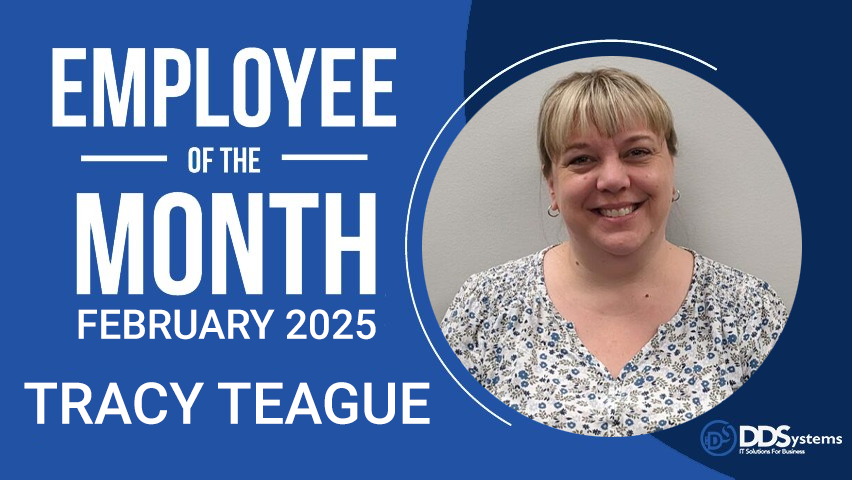Employee of the Month: February 2025

We are thrilled to honor our dedicated and reliable bookkeeper, Tracy Teague, as Employee of the Month! Tracy is not only sharp but also an exceptional teammate. She’s always ready to assist with client issues or special projects, and her sarcasm is always welcomed. Her invaluable contributions to our collections, billing, and payables processes ensure […]
Top Cybersecurity Trends for 2025—and How to Stay One Step Ahead

Top Cybersecurity Trends for 2025—and How to Stay One Step Ahead As organizations continue to rely on technology for day-to-day operations, cybersecurity threats have become more sophisticated than ever. From AI-driven hacking attempts to increasingly brazen ransomware gangs, the digital landscape is evolving faster than most businesses can keep up. In this article, we’ll explore […]
